Airlines were one of the hardest-hit industries at the start of the pandemic, with the five-member S&P 500 Passenger Airlines Index collapsing over 31% in 2020. This made the group the worst-performing S&P 500 industry for the year, outside of oil and gas.
The selloff also created an exciting investment opportunity that many young and nontraditional investors, locked down at home and with record disposable income, took advantage of. According to data from Robinhood, the commission-free securities trading platform preferred by millennial and Gen Z investors, distressed airline stocks became one of the year’s breakout hits, with trading volumes hitting historic levels.
I believe airline stocks appear just as attractive today as they did in 2020. The 14-day relative strength index (RSI) shows that these equities are more oversold now than at any other time since the pandemic first grounded commercial aircraft. Had you bought shares of global airlines in March 2020, when the RSI fell under 20, you would have seen returns of approximately 130% over the next 12 months.
Will the same happen again this time?
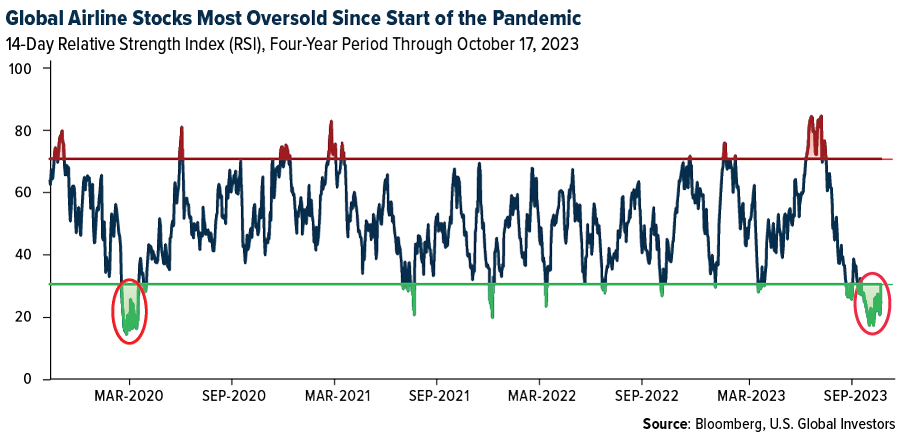
Amid War And Rising Costs, U.S. Air Travel Continues To Soar
It’s important to keep in mind that the causes of both selloffs are vastly different. Whereas commercial air travel across the globe came to a screeching halt in 2020 due to the spread of an as-yet unknown virus, carriers today are grappling with a Middle East at war, spiking fuel prices and persistently high borrowing costs.
United Airlines said as much during its third-quarter earnings call last week. Despite reporting record profits in the quarter ended September 30, shares of United tumbled 9.6% on Wednesday after it warned shareholders it lowered fourth-quarter projections due to the Israel-Hamas War and oil prices topping $90 per barrel.
Like many other airlines, United has suspended flights to Tel Aviv amid the two-week-old conflict that’s already taken thousands of lives, including approximately 30 American lives. The company said it won’t resume flights to the Israeli city “until conditions allow,” according to reporting by Bloomberg.
The war is certainly a headwind to travel demand, especially if it expands beyond Israel and Gaza’s borders and/or is drawn out longer than anticipated (did anyone expect the skirmish between Russia and Ukraine to still be raging over a year and half later?).
For the time being, however, U.S. consumers don’t appear ready to change their travel habits just yet, even as an overwhelming majority (85%) of Americans say they’re concerned the Israel-Hamas War could escalate to a Middle East-wide engagement, according to a Quinnipiac poll, and even as the State Department issues a “worldwide caution” for U.S. citizens planning to travel overseas. Since October 7, when Hamas attacked Israel, the Transportation Security Administration (TSA) has screened more passengers per day than they did on corresponding days in 2019. So far this year through October 18, millions more people have boarded commercial planes in the U.S. compared to the same period four years ago.
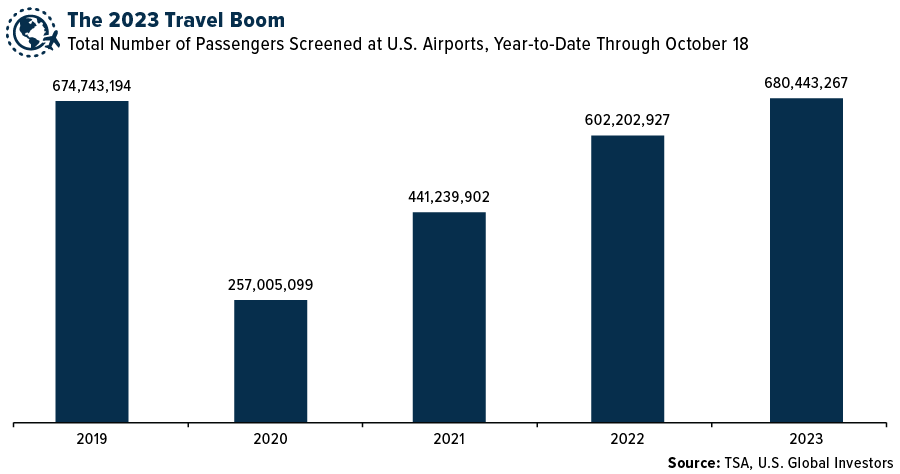

How Airlines Are Leveraging Rewards And Co-Branded Credit Cards
Another reason we like airlines is due to their resilience and ability to adapt. This isn’t the first time that the industry has faced and prevailed over a challenging international business climate. Carriers have managed to do this thanks in large part to the implementation of new revenue streams, including loyalty programs and co-branded credit cards.
Co-branded cards have gained a lot of traction in the broader travel sector, airlines specifically. These cards enable consumers to earn loyalty points and other perks, potentially improving customer retention. A couple of examples you might be familiar with are Southwest’s Rapid Rewards and American Express’ Delta Skymiles.
These loyalty programs are big business, accounting for roughly 40% to 50% of airlines’ market value in 2019, according to consultancy firm LTIMindtree. That year, United generated $5.3 billion from the sale of miles, representing a significant portion of its revenue. Delta followed a similar trajectory, selling $4 billion in airline miles to banks, equal to 14% of its operational revenue.
Below are the top 10 most valuable airline loyalty programs in billions of dollars, as of this year. The data comes courtesy of On Point Loyalty, which analyzed 170 commercial passenger airlines, using over 50 primary variables for each program:
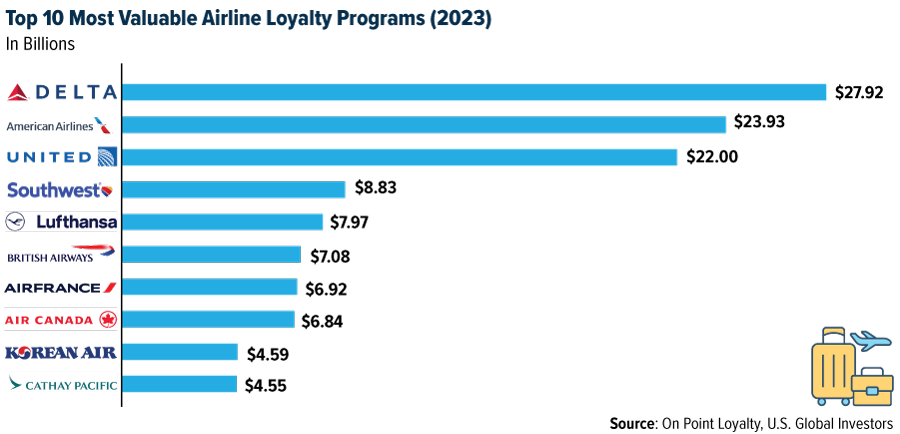

As I’ve said before, ancillary revenue generators such as credit cards and other loyalty programs have become pivotal assets for airlines. With the significant value of these programs now clear, the airline industry is recognizing the vast potential they hold.
—
Originally Posted October 23, 2023 – How Airlines Boost Revenue With Co-Branded Credit Cards
All opinions expressed and data provided are subject to change without notice. Some of these opinions may not be appropriate to every investor. By clicking the link(s) above, you will be directed to a third-party website(s). U.S. Global Investors does not endorse all information supplied by this/these website(s) and is not responsible for its/their content.
The S&P 500 Airlines Index is a capitalization-weighted index. This is a GICS Level 4 Sub-Industry group. The NYSE Arca Global Airline Index is a modified equal-dollar weighted index designed to measure the performance of highly capitalized and liquid global airline companies. The Relative Strength Index (RSI) is a momentum indicator that measures the magnitude of recent price changes to analyze overbought or oversold conditions.
Holdings may change daily. Holdings are reported as of the most recent quarter-end. The following securities mentioned in the article were held by one or more accounts managed by U.S. Global Investors as of (09/30/2023): Delta Air Lines Inc., American Airlines Group Inc., United Airlines Holdings Inc., Southwest Airlines Co., Deutsche Lufthansa AG, Air France-KLM, Air Canada, Cathay Pacific Airways Ltd.
Disclosure: US Global Investors
All opinions expressed and data provided are subject to change without notice. Holdings may change daily.
Some of these opinions may not be appropriate to every investor. By clicking the link(s) above, you will be directed to a third-party website(s). U.S. Global Investors does not endorse all information supplied by this/these website(s) and is not responsible for its/their content.
About U.S. Global Investors, Inc. – U.S. Global Investors, Inc. is an investment adviser registered with the Securities and Exchange Commission (“SEC”). This does not mean that we are sponsored, recommended, or approved by the SEC, or that our abilities or qualifications in any respect have been passed upon by the SEC or any officer of the SEC.
This commentary should not be considered a solicitation or offering of any investment product.
Certain materials in this commentary may contain dated information. The information provided was current at the time of publication.
Some links above may be directed to third-party websites. U.S. Global Investors does not endorse all information supplied by these websites and is not responsible for their content.
Please consider carefully a fund’s investment objectives, risks, charges and expenses. For this and other important information, obtain a fund prospectus by clicking here or by calling 1-800-US-FUNDS (1-800-873-8637). Read it carefully before investing. Foreside Fund Services, LLC, Distributor. U.S. Global Investors is the investment adviser.
Disclosure: Interactive Brokers
Information posted on IBKR Campus that is provided by third-parties does NOT constitute a recommendation that you should contract for the services of that third party. Third-party participants who contribute to IBKR Campus are independent of Interactive Brokers and Interactive Brokers does not make any representations or warranties concerning the services offered, their past or future performance, or the accuracy of the information provided by the third party. Past performance is no guarantee of future results.
This material is from US Global Investors and is being posted with its permission. The views expressed in this material are solely those of the author and/or US Global Investors and Interactive Brokers is not endorsing or recommending any investment or trading discussed in the material. This material is not and should not be construed as an offer to buy or sell any security. It should not be construed as research or investment advice or a recommendation to buy, sell or hold any security or commodity. This material does not and is not intended to take into account the particular financial conditions, investment objectives or requirements of individual customers. Before acting on this material, you should consider whether it is suitable for your particular circumstances and, as necessary, seek professional advice.


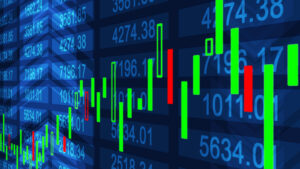


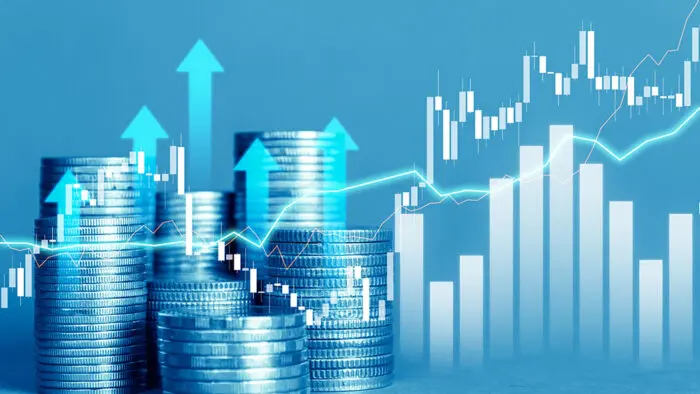
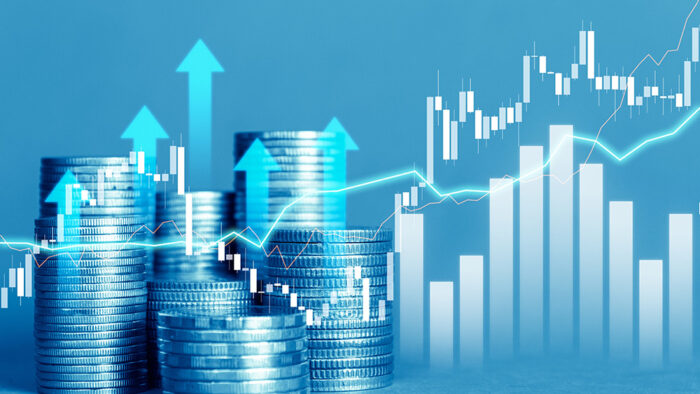

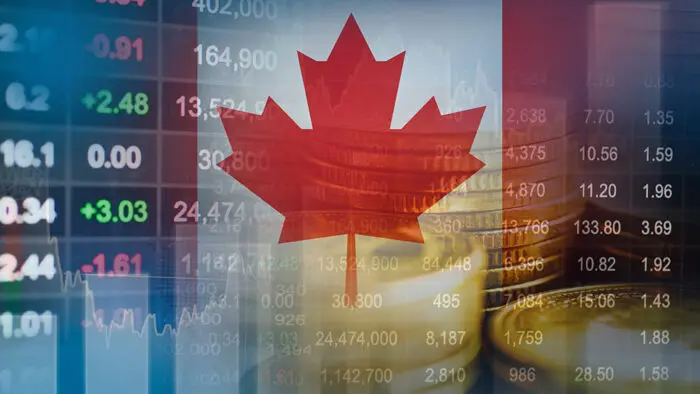
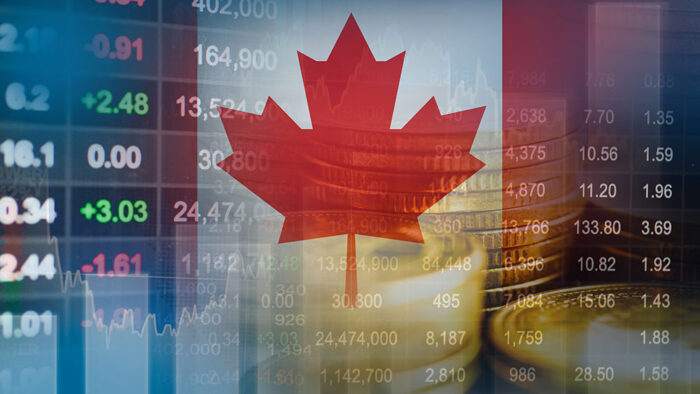


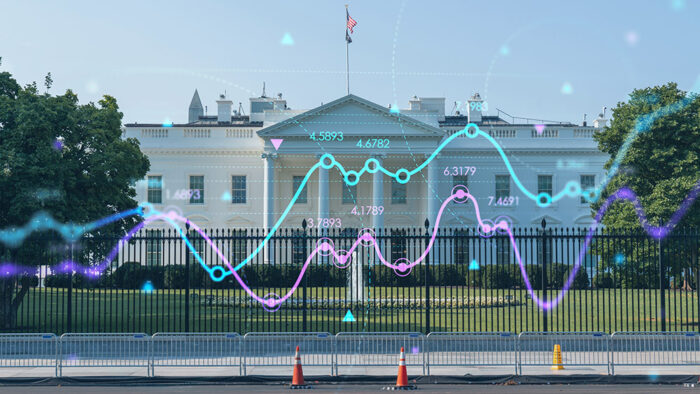









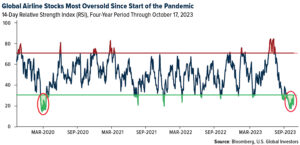

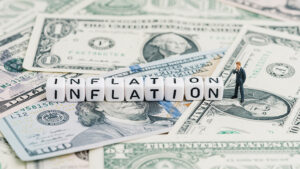

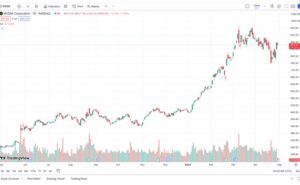
Join The Conversation
If you have a general question, it may already be covered in our FAQs. If you have an account-specific question or concern, please reach out to Client Services.